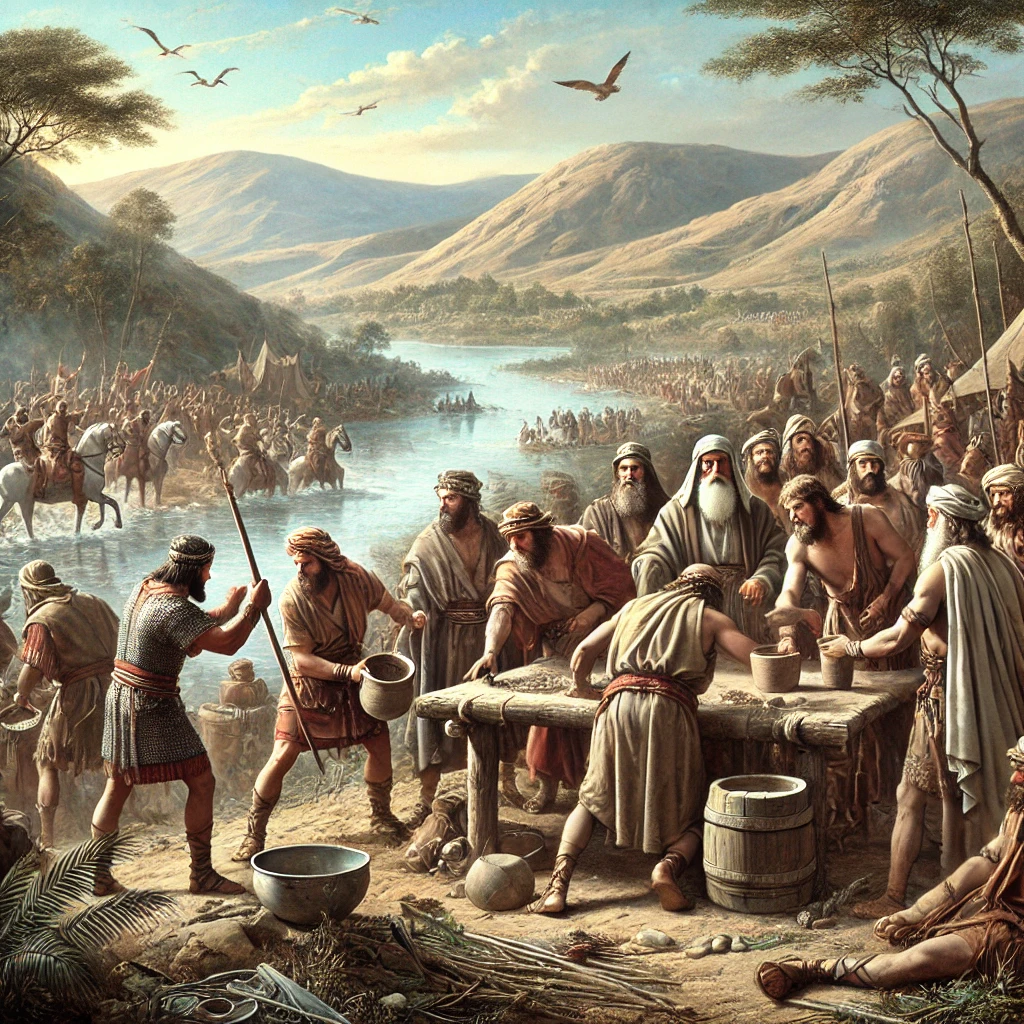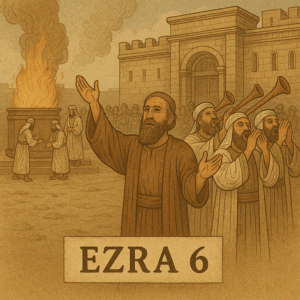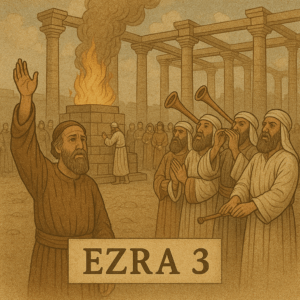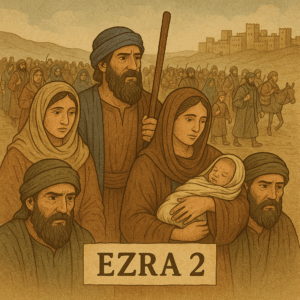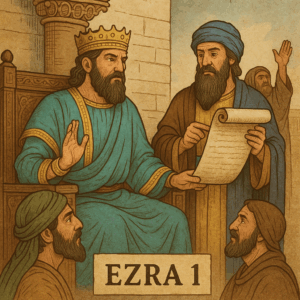Introduction.
Joshua Chapter 22 recounts an event in the history of Israel as the Reubenites, Gadites, and the half-tribe of Manasseh return to their land east of the Jordan River and build an altar. This chapter emphasizes themes of unity, misunderstanding, and the importance of communication in maintaining peace. In this blog post, we delve into the key elements of Joshua Chapter 22 and explore the lessons they offer.
The return of the Eastern tribes.
After helping their fellow Israelites conquer the Promised Land, the Reubenites, Gadites, and the half-tribe of Manasseh are allowed to return to their own lands east of the Jordan. Joshua 22:1-4 describes their departure:
“Then Joshua summoned the Reubenites, the Gadites and the half-tribe of Manasseh and said to them, ‘You have done all that Moses the servant of the Lord commanded, and you have obeyed me in everything I commanded. For a long time now—to this very day—you have not deserted your fellow Israelites but have carried out the mission the Lord your God gave you. Now that the Lord your God has given them rest as he promised, return to your homes in the land that Moses the servant of the Lord gave you on the other side of the Jordan.’”
This marks a significant moment of transition as these tribes return to their allotted territories.
The construction of the altar.
Upon reaching the Jordan River, these tribes construct a large altar on its western side. Joshua 22:10 describes the event:
“When they came to Geliloth near the Jordan in the land of Canaan, the Reubenites, the Gadites and the half-tribe of Manasseh built an imposing altar there by the Jordan.”
This altar, however, leads to a misunderstanding with the other Israelite tribes, who perceive it as a potential act of rebellion against God.
The misunderstanding and potential conflict.
The rest of Israel, hearing about the altar, gathers at Shiloh, prepared for war, believing the altar represents a break from worshiping God. Joshua 22:12-13 highlights the tension:
“When the Israelites heard that they had built the altar on the border of Canaan at Geliloth near the Jordan on the Israelite side, the whole assembly of Israel gathered at Shiloh to go to war against them. So the Israelites sent Phinehas son of Eleazar, the priest, to the land of Gilead—to Reuben, Gad and the half-tribe of Manasseh.”
This potential conflict underscores the dangers of miscommunication and assumptions.
The explanation and resolution.
Before any conflict arises, Phinehas and the leaders meet with the eastern tribes to clarify the situation. The eastern tribes explain that the altar was not built for sacrifices but as a witness to their shared faith with the rest of Israel. Joshua 22:26-27 records their explanation:
“‘That is why we said, “Let us get ready and build an altar—but not for burnt offerings or sacrifices.” On the contrary, it is to be a witness between us and you and the generations that follow, that we will worship the Lord at his sanctuary with our burnt offerings, sacrifices and fellowship offerings.’”
This explanation satisfies the western tribes, and the potential conflict is averted, reaffirming the unity of the nation.
Lessons from Joshua chapter 22.
- The importance of communication: The near conflict in this chapter highlights the critical importance of clear communication. Misunderstandings can lead to unnecessary conflict, but open dialogue can resolve issues and preserve unity.
- Unity and shared faith: The eastern tribes’ construction of the altar as a witness to their shared faith with the rest of Israel underscores the importance of unity in worship and community. It reminds us that physical distance should not lead to spiritual separation.
- Avoiding assumptions: The initial reaction of the western tribes illustrates the dangers of making assumptions without seeking clarification. It encourages us to approach potential conflicts with a desire to understand rather than to accuse.
- Peaceful resolution of conflicts: The peaceful resolution of this potential conflict serves as a model for resolving disputes within a community. It emphasizes the value of patience, listening, and understanding in maintaining peace.
Conclusion.
Joshua Chapter 22 is a powerful chapter that highlights the themes of communication, unity, and the peaceful resolution of conflicts. The construction of the altar by the eastern tribes and the subsequent misunderstanding with the rest of Israel provide valuable lessons in avoiding assumptions and maintaining unity through open dialogue. As we reflect on this chapter, let us be inspired to prioritize communication, unity, and peaceful resolutions in our own communities.
